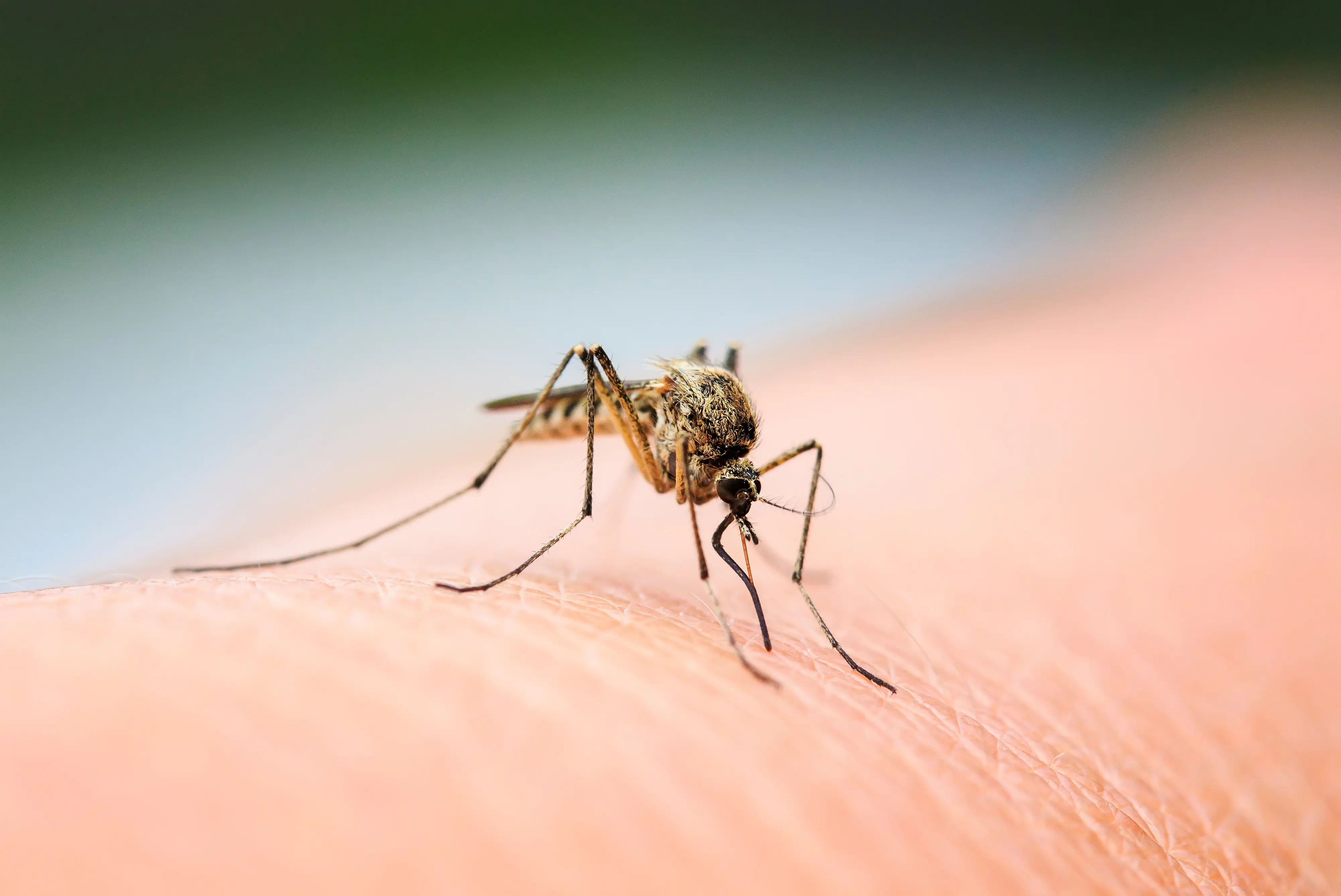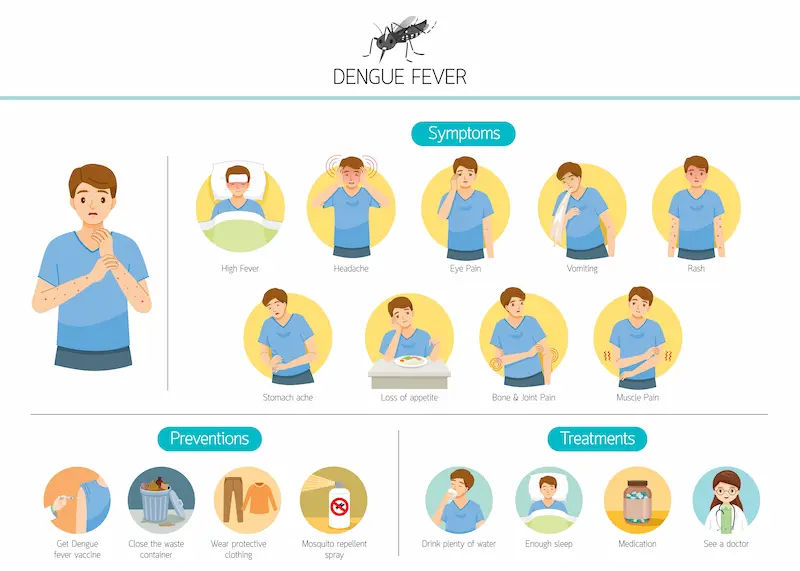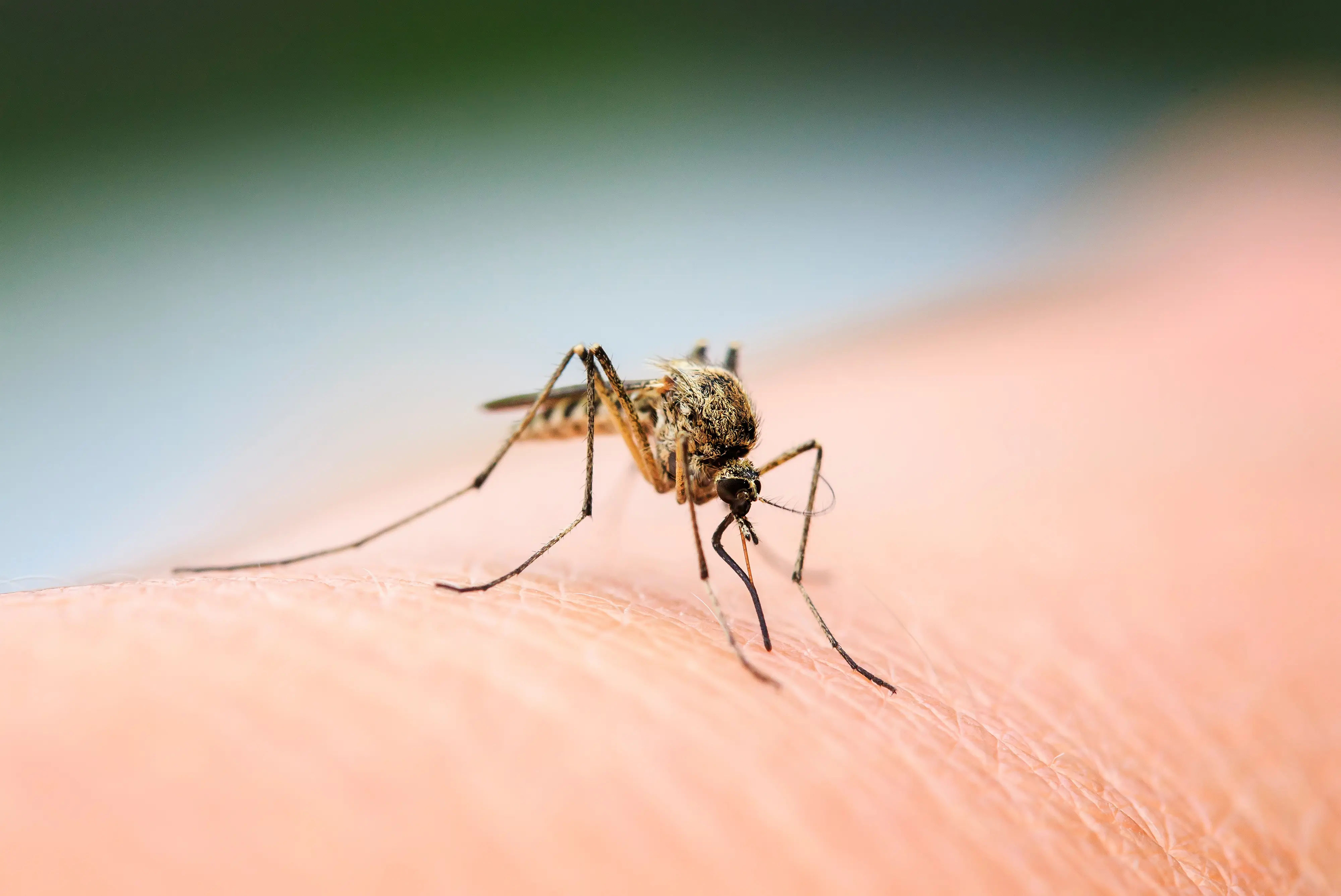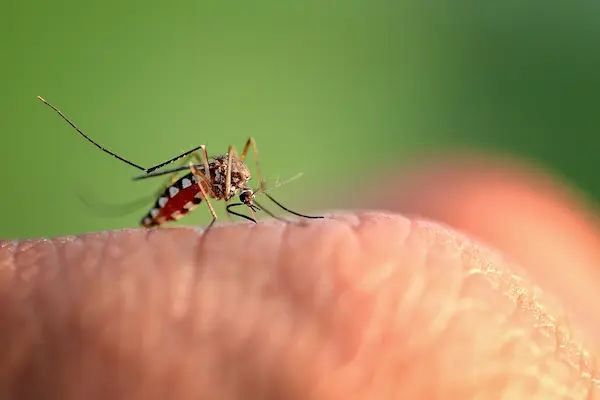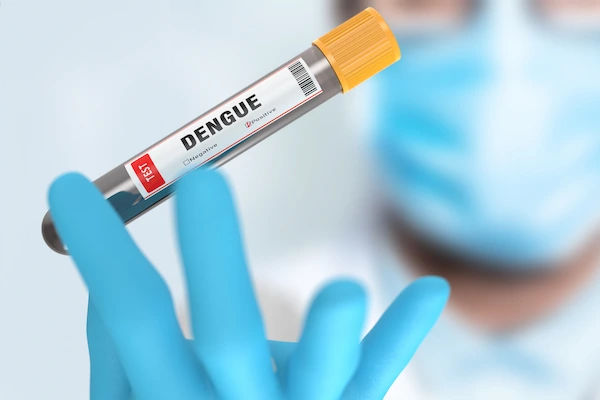Dengue Hemorrhagic Fever and Related Complications
Discover essential information about dengue haemorrhagic fever, including its symptoms, causes, and potential complications. Learn when to seek medical help, and diet and lifestyle tips for dengue recovery.

Written by Dr. Rohinipriyanka Pondugula
Reviewed by Dr. Shaik Abdul Kalam MD (Physician)
Last updated on 13th Jan, 2026

Introduction
Dengue is a viral infection spread by mosquitoes, primarily the Aedes aegypti mosquito. While most dengue cases are mild, some can progress to a severe form called Dengue Haemorrhagic Fever (DHF), which can be life-threatening if not treated promptly. This article will help you understand DHF, its symptoms, complications, and how to manage or prevent it.
What is Dengue Haemorrhagic Fever (DHF)?
Dengue Haemorrhagic Fever is a severe form of dengue infection that causes bleeding, low platelet count, and plasma leakage (fluid leaking from blood vessels). It can lead to Dengue Shock Syndrome (DSS), a dangerous drop in blood pressure, which requires immediate medical attention.
Consult a Top General Physician for the best advice
Symptoms of Dengue Haemorrhagic Fever
Early symptoms of DHF are similar to regular dengue fever, but they worsen over time. Look out for:
- High fever (104°F or higher) – Sudden onset.
- Severe headache, muscle, and joint pain – Often called "breakbone fever."
- Nausea, vomiting, and abdominal pain – Persistent discomfort.
- Bleeding tendencies – Nosebleeds, bleeding gums, or blood in vomit/stool.
- Skin rashes – Red spots or patches.
- Difficulty breathing – Due to fluid accumulation in the lungs.
- Cold, clammy skin and weak pulse – Signs of shock (Dengue Shock Syndrome).
If you or a loved one experience these symptoms, seek medical help immediately.
Causes and Risk Factors
DHF occurs when a person is infected with dengue virus a second time (by a different strain). The immune system overreacts, leading to severe complications. Risk factors include:
- Living in or traveling to dengue-prone areas (tropical and subtropical regions).
- Previous dengue infection.
- Weak immune system (children and elderly are more vulnerable).
How Dengue Haemorrhagic Fever Affects Health
DHF can cause:
- Severe bleeding – Due to low platelet count and blood vessel damage.
- Organ damage – Liver, heart, or brain may be affected.
- Shock (DSS) – A medical emergency requiring hospitalization.
- Fluid accumulation – Leading to breathing difficulties.
Without timely treatment, DHF can be fatal.
Diagnosis and Treatment
Doctors diagnose DHF through:
- Blood tests – To check platelet count, white blood cells, and signs of plasma leakage.
- Physical examination – Looking for bleeding, rashes, or signs of shock.
Get Your Health Assessed
Treatment Options
There is no specific antiviral treatment for DHF. Management focuses on:
- Hydration – Drinking plenty of fluids (oral rehydration solutions, coconut water, or ORS).
- Pain relief – Paracetamol (avoid aspirin or ibuprofen, as they increase bleeding risk).
- Hospitalization – For severe cases requiring IV fluids, blood transfusions, or oxygen support.
Never self-medicate; always consult a doctor.
Preventing Dengue Haemorrhagic Fever
Prevention is the best way to avoid DHF:
- Avoid mosquito bites – Use mosquito repellents, wear long sleeves, and sleep under nets.
- Eliminate breeding sites – Remove stagnant water from pots, coolers, and tires.
- Community efforts – Ensure clean surroundings to reduce mosquito population.
- Vaccination (where available) – Some countries offer dengue vaccines; consult your doctor.
Diet and Lifestyle Tips for Dengue Recovery
If recovering from dengue:
- Stay hydrated – Drink water, coconut water, and herbal teas.
- Eat immunity-boosting foods – Papaya leaf extract, citrus fruits, and protein-rich foods.
- Rest adequately – Avoid strenuous activities until fully recovered.
- Monitor symptoms – Watch for warning signs like persistent vomiting or bleeding.
When to Seek Emergency Care
Go to the hospital immediately if you notice:
- Severe abdominal pain.
- Bleeding from nose/gums.
- Cold, sweaty skin.
- Difficulty breathing.
- Extreme fatigue or confusion.
Final Thoughts
Dengue Haemorrhagic Fever is a serious condition, but early detection and proper care can save lives. If you suspect dengue, do not delay medical help.
Consult a Top General Physician for the best advice
Consult a Top General Physician for the best advice

Dr. Rajib Ghose
General Physician/ Internal Medicine Specialist
25 Years • MBBS
East Midnapore
VIVEKANANDA SEBA SADAN, East Midnapore

Dr. Anand Misra
General Physician/ Internal Medicine Specialist
14 Years • MBBS, DNB
Mumbai
Apollo Hospitals CBD Belapur, Mumbai

Dr. Ajay K Sinha
General Physician/ Internal Medicine Specialist
30 Years • MD, Internal Medicine
Delhi
Apollo Hospitals Indraprastha, Delhi
(200+ Patients)

Dr. Aakash Garg
Gastroenterology/gi Medicine Specialist
12 Years • MBBS, DNB (Medicine), DrNB (Gastroentrology).
Bilaspur
Apollo Hospitals Seepat Road, Bilaspur
(150+ Patients)

Dr Sahana Gangatkar
General Physician/ Internal Medicine Specialist
8 Years • MBBS, MD
Bengaluru
Apollo Clinic, JP nagar, Bengaluru
(25+ Patients)
Consult a Top General Physician for the best advice

Dr. Rajib Ghose
General Physician/ Internal Medicine Specialist
25 Years • MBBS
East Midnapore
VIVEKANANDA SEBA SADAN, East Midnapore

Dr. Anand Misra
General Physician/ Internal Medicine Specialist
14 Years • MBBS, DNB
Mumbai
Apollo Hospitals CBD Belapur, Mumbai

Dr. Ajay K Sinha
General Physician/ Internal Medicine Specialist
30 Years • MD, Internal Medicine
Delhi
Apollo Hospitals Indraprastha, Delhi
(200+ Patients)

Dr. Aakash Garg
Gastroenterology/gi Medicine Specialist
12 Years • MBBS, DNB (Medicine), DrNB (Gastroentrology).
Bilaspur
Apollo Hospitals Seepat Road, Bilaspur
(150+ Patients)

Dr Sahana Gangatkar
General Physician/ Internal Medicine Specialist
8 Years • MBBS, MD
Bengaluru
Apollo Clinic, JP nagar, Bengaluru
(25+ Patients)
